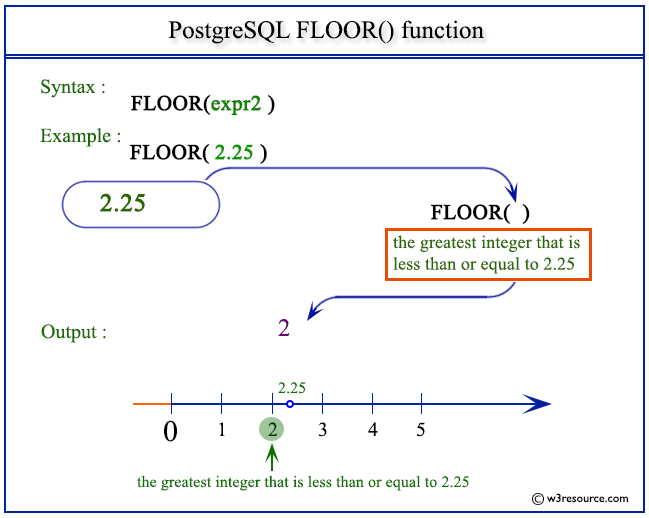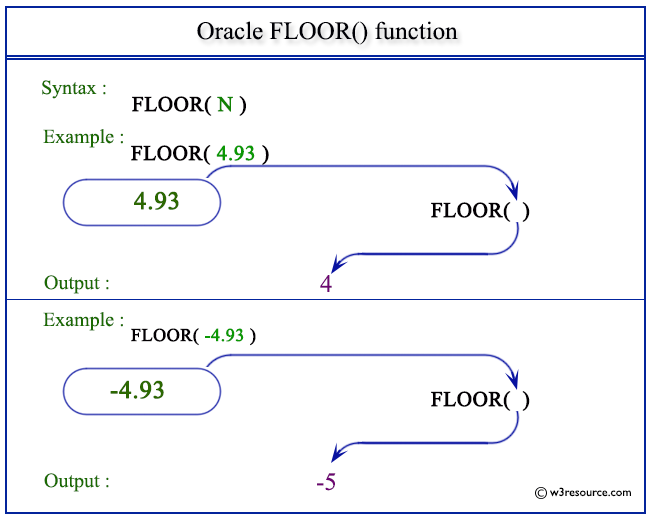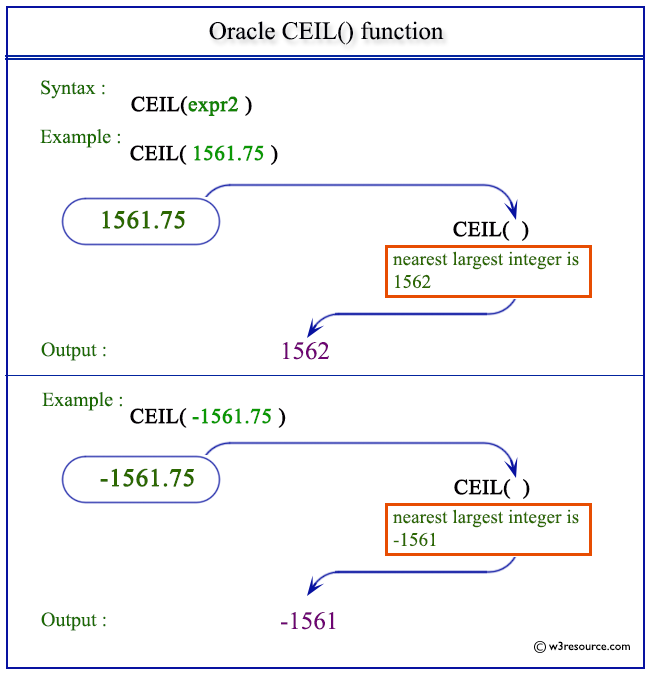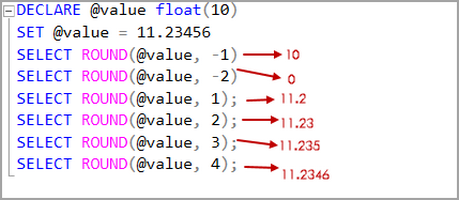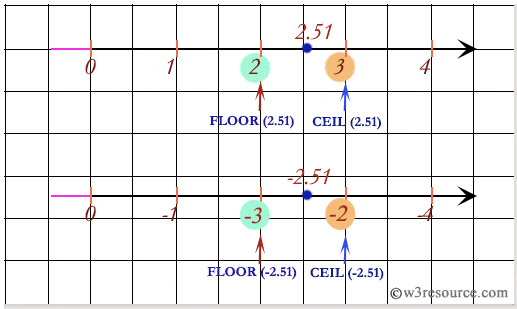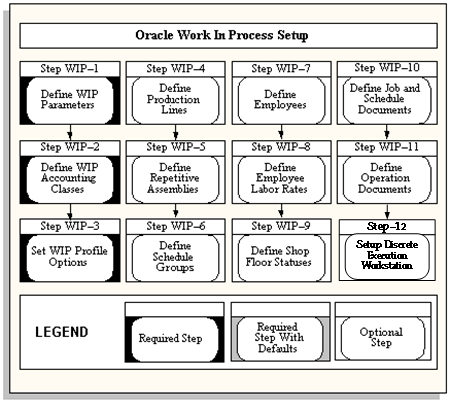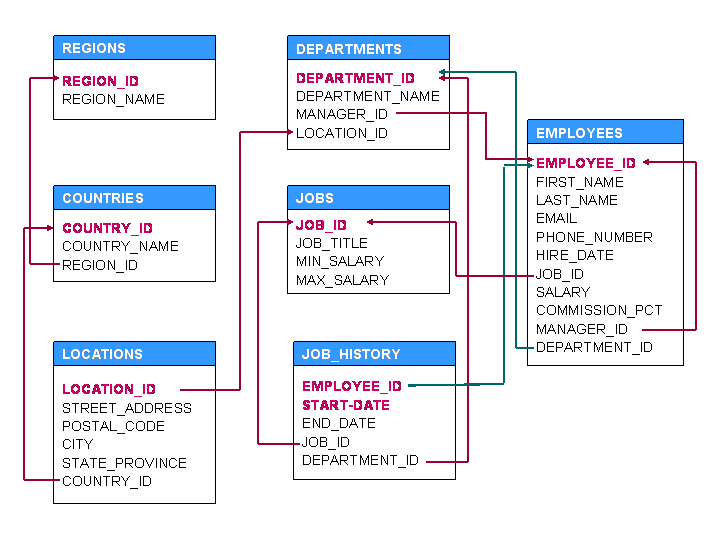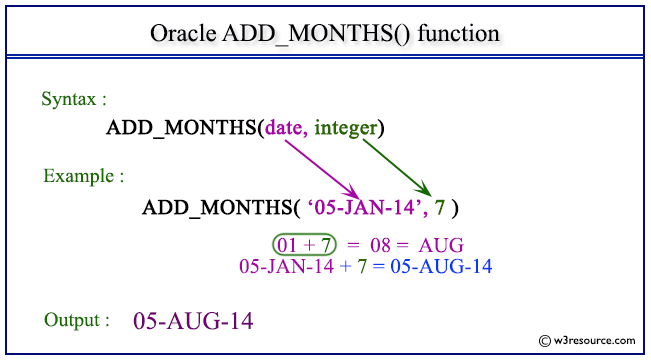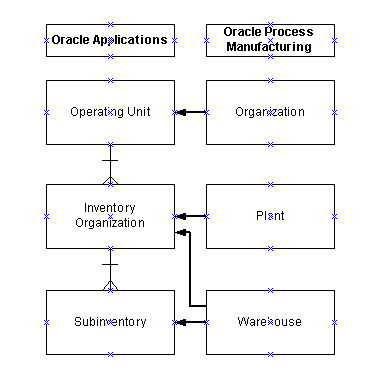Compare trunc and round functions difference between trunc and round functions oracle published by sqlandplsql to learn more about the oracle sql pl sql performance tuning database modeling ubuntu mysql etc suggestions comments feedbacks and referrals are highly appreciated.
Difference between round and floor function in oracle.
What s the difference between oracle mod and remainder.
Here is the result.
The function returns the same data type as the numeric data type of the argument.
N can be any numeric datatype or any nonnumeric datatype that can be implicitly.
The main differences are when you use negative numbers.
For example if cell a1 contains 23 7825 and you want to round that value to two decimal places you can use the following formula.
Both functions are helpful and work in a similar way.
Round returns n rounded to i places to the right of the decimal point.
For this reason the values returned from the two functions can differ as shown in listing 9.
The difference is quite small.
The round function rounds a number to a specified number of digits.
Round returns n rounded to integer places to the right of the decimal point.
While floor rounds down to the nearest number ceiling rounds up.
Round can go up or down but floor always goes down.
Ceiling returns number rounded up away from zero to the nearest multiple of significance.
Regarding exact numbers there is no need to round up the number.
The argument integer can be negative to round off digits left of the decimal point.
Examples of the oracle ceil and floor function.
The difference is that remainder uses round in its calculation and mod uses the floor function.
Select floor 4 93 from dual.
They are both pretty similar.
The ceil function rounded the answer to 3 while the floor function rounded down the answer to 2.
This only applies to the numbers who have a fractional part or are not an exact number.
Pictorial presentation of floor function.
Differences between the mod and remainder function results.
The mod function uses the floor function in its computation logic and the remainder function uses round.
The statement below returns 4 which is the largest integer value of given number 4 93 as specified in the argument.
Default value of i is 0.
Here are some examples of the ceil and floor functions.
The oracle plsql floor function returns the largest integer value that is equal to or less than a number.
There is also a big difference when expressing both functions.
If you omit integer then n is rounded to 0 places.
This oracle tutorial explains how to use the oracle plsql floor function with syntax and examples.
Round a1 2 will return 23 78.
